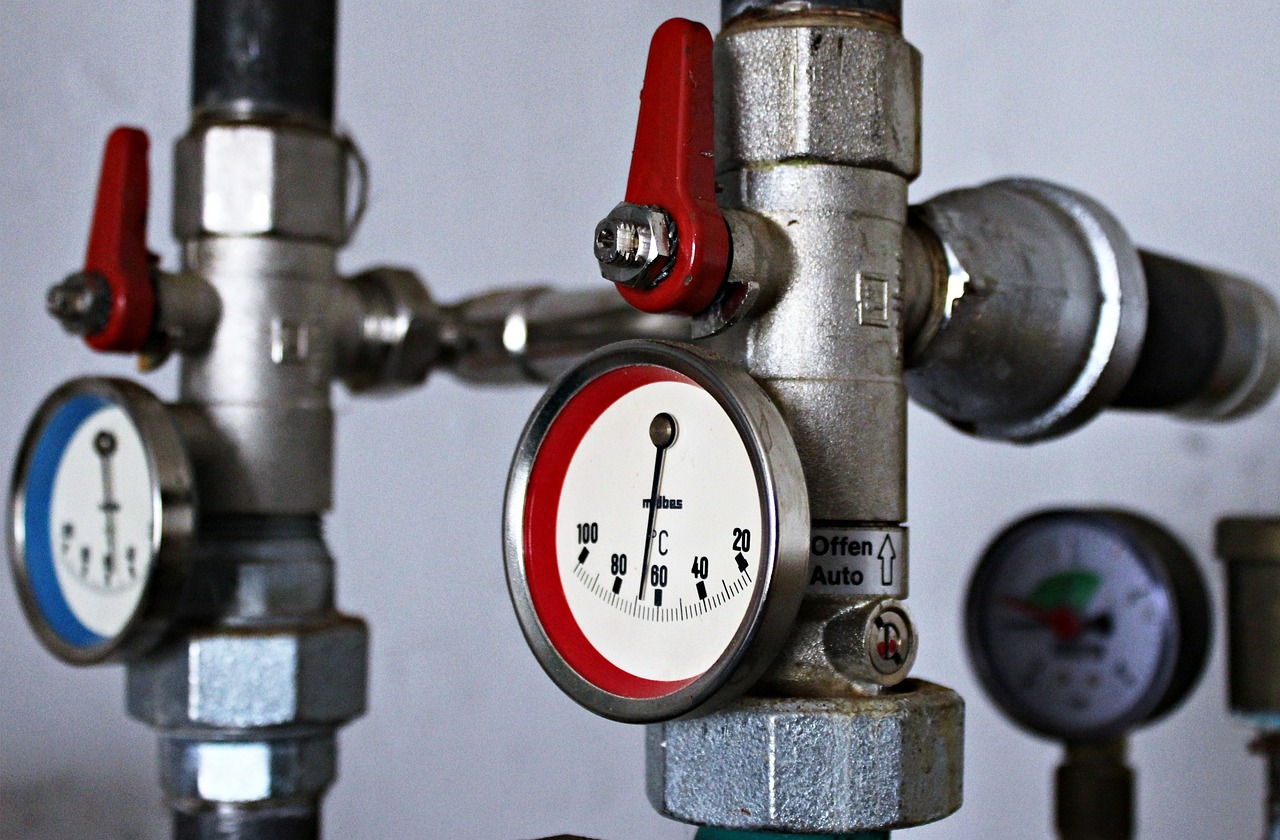
Saving energy makes financial and environmental sense. By updating your home appliances and following some common-sense practices, you can do your part in reducing the carbon footprint while reducing your monthly heating and cooling costs. Here are some heating and air quality tips that will minimize your monthly utility bills.
Heating Tips:
-One of the easiest ways to save on heating is to leverage the heat coming from the sun. Tilt your blinds up during the day. Note: Don’t forget to close them at sundown.
-If you use a ceiling fan, set it in the reverse position and keep it on a low setting. When radiant heat penetrates your house from the windows tilted upwards, the ceiling fan distributes the warm air throughout the entire room.
-Fireplaces are known for wasting a significant amount of energy because they draw warm air out of your home through the chimney. When the fireplace is not in use, be sure that the damper remains closed. Installing glass doors is also an excellent way to keep heat inside your home especially when not using the fireplace.
-Don’t let heated air escape through exhaust fans. Only use them sparingly and be sure to turn them off when not needed especially in cold weather as they can let heated air out of your home.
-You may also experience negative pressure in your home when using exhaust fans, and this can cause back drafts from the fireplace. This ultimately results to drafts through your windows, walls and un-insulated outlets inside the house.
-The most effective way to combat heating problems is to ensure that your system is well maintained throughout the year. Enlisting the services of a reputable company at least once per year can help keep your heating equipment running in optimal condition, reducing your heating expenses and preventing expensive repairs at the same time.
-Conducting regular HVAC inspections is an excellent way to save on heating expenses. Some of the most essential things to be done during a heating tune-up include: inspecting the safety of the gas systems, calibrating the thermostat, cleaning the air handler and blower, inspecting and cleaning the air filter, checking wiring and connections, identifying hot and cold spots inside the house, and inspecting electrical systems for optimal amp draw.

Air quality:
-A simple equation to keep in mind is wetness equals warmth. Basically, this means that homes become very dry during winter. In cold weather, you use your heating systems more heavily, causing your home and the interior air to get drier than normal. Installing a humidifier is an excellent way to add much-needed moisture inside your house during the winter time.
-Humidifiers do not only help save energy but also aid in maintaining and improving the health of the occupants of your home. Because moist air holds on to heat, you can feel more comfortable inside your home, prompting you to lower the heat setting and conserve energy.
-Be sure to take the necessary measures to maintain your humidifier. Read the manufacturer’s instructions on how to care for your humidifier, whether it’s a portable or a whole-house device. In general, this entails cleaning and replacing the filters as well as washing the base and reservoir of the humidifier.
